
Hematology
Latest News

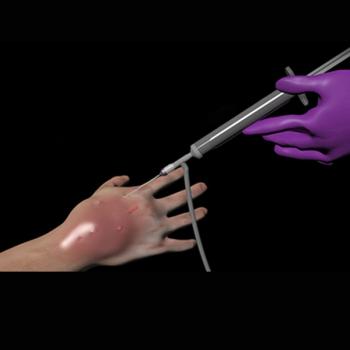
Artist Ryan Berardi’s work goes way beyond pretty pictures. In fact, his 3D animations of what can go wrong during chemotherapy paint a horrific scene.

The FDA has approved CPX-351 (Vyxeos), a fixed-combination of daunorubicin and cytarabine, for adult patients with either newly-diagnosed therapy-related acute myeloid leukemia (t-AML) ot AML with myelodysplasia-related changes (AML-MRC).

CD19 CAR T-cell therapy induced a high-response rate in patients with high-risk, ibrutinib-refractory chronic lymphocytic leukemia (CLL).

Karley Trautman, DNP, ANP-BC, explains her efforts to improve the rates of venous thromboembolism (VTE), as well as the rates of recurrence of VTE in the Blood Cancer and Bone Marrow Transplant program of University of Colorado Hospital.

Expert Jeffrey Lancet, MD, discusses the emerging agents in treating acute myeloid leukemia (AML) and challenges that still exist for improving patient outcome.

The FDA accepted supplemental biologics license application (sBLA) for the use of denosumab (Xgeva) for the prevention of skeletal-related events (SREs) in patients with multiple myeloma.
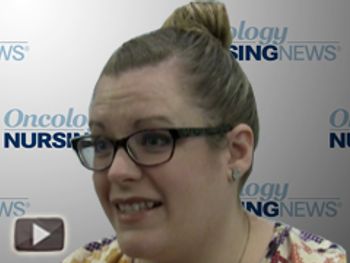
Karley Trautman, DNP, ANP-BC, of University of Colorado Hospital explains how a quality improvement program helped them to reduce venous thromboembolism (VTE).

The FDA has approved ClearLLab multicolor reagents for the detection of chronic leukemia, acute leukemia, non-Hodgkin lymphoma, multiple myeloma, myelodysplastic syndrome and myeloproliferative neoplasms.

A trial testing the combination of ublituximab, ibrutinib, and umbralisib showed that the combination was well tolerated and had activity across patients with high-risk B-cell malignancies.

There are specific challenges when treating AYA patients with Hodgkin lymphoma.

The FDA has approved subcutaneous rituxumab (Rituxan Hycela) for the treatment of adults with previously untreated

Daratumumab (Darzalex) has been approved for use in combination with pomalidomide (pomalyst) and dexamethasone for patients with multiple myeloma.


Second primary cancers that occur in pediatric, adolescent and young adult (AYA) patients are deadlier than those that occur in older patients.

The UK Myeloma Forum and the British Society for Haematology collaborated to create a comprehensive, multidisciplinary guideline document for the screening, management, and long-term care of patients with myeloma.

The adverse events report featuring FDA labeling changes for bendamustine hydrochloride, nilotinib, dinutuximab.

Subcutaneous co-formulation of rituximab for treatment of patients with certain types of lymphoma and leukemia advances toward approval.
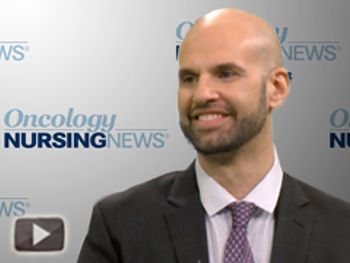
Patrick Spencer, RN, OCN provides important points to cover when counseling a patient with multiple myeloma receiving treatment with daratumumab.
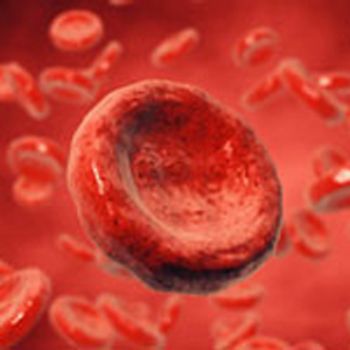
The FDA has issued an advisory on the association between breast implants and anaplastic large cell lymphoma. More research is needed in this area.

Sandra Allen-Bard discusses her passion for advocacy involvement with the Leukemia & Lymphoma Society.
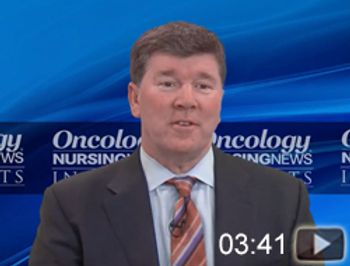

A recent study found that out-of-pocket costs could be a barrier to timely initiation of TKI therapy among individuals with Medicare coverage.

The FDA has granted accelerated approval to pembrolizumab for treatment of patients with hodgkin lymphoma.

The benfits of imatinib persisted over time and long-term administration of the drug was not assicationed with unacceptable toxic effects in patients with chronic myeloid leukemia (CML).



















































































